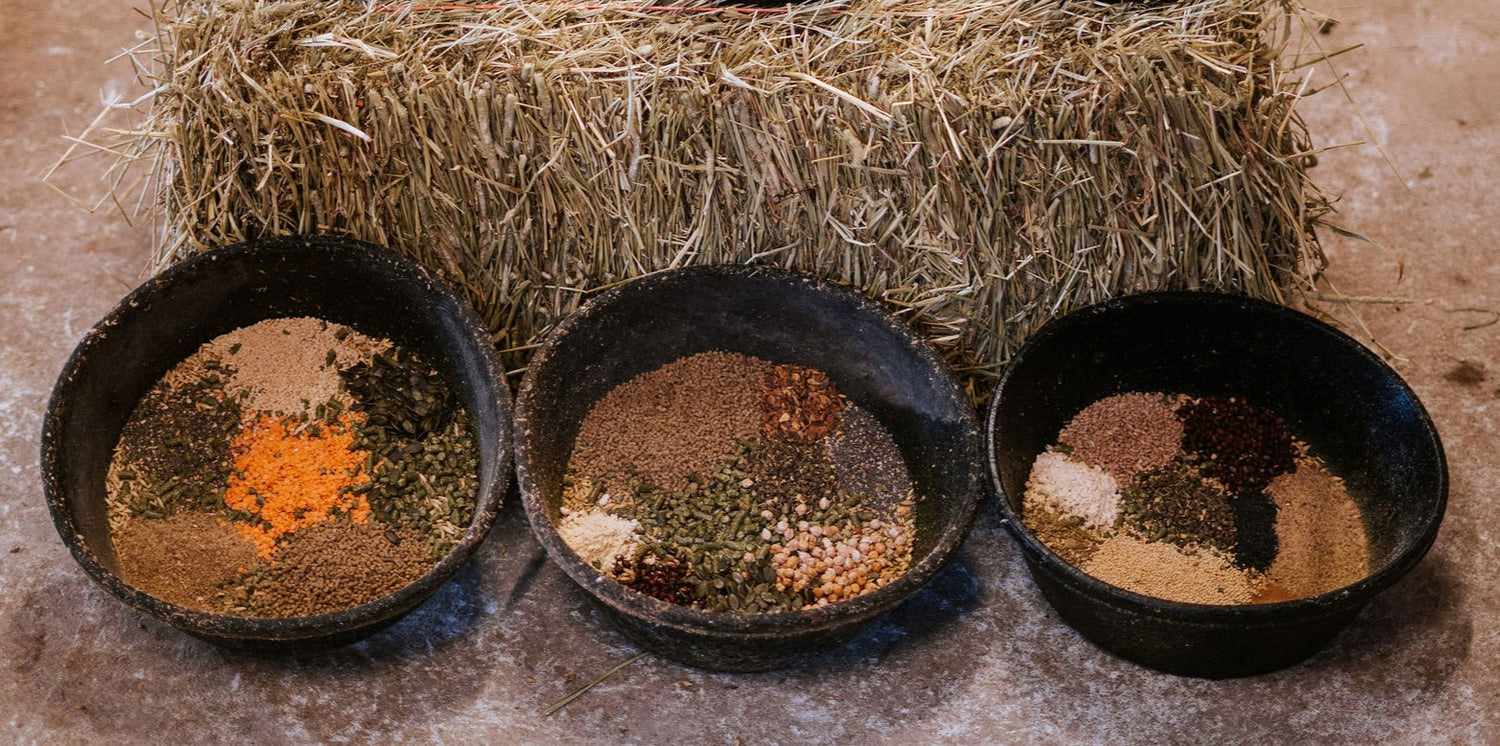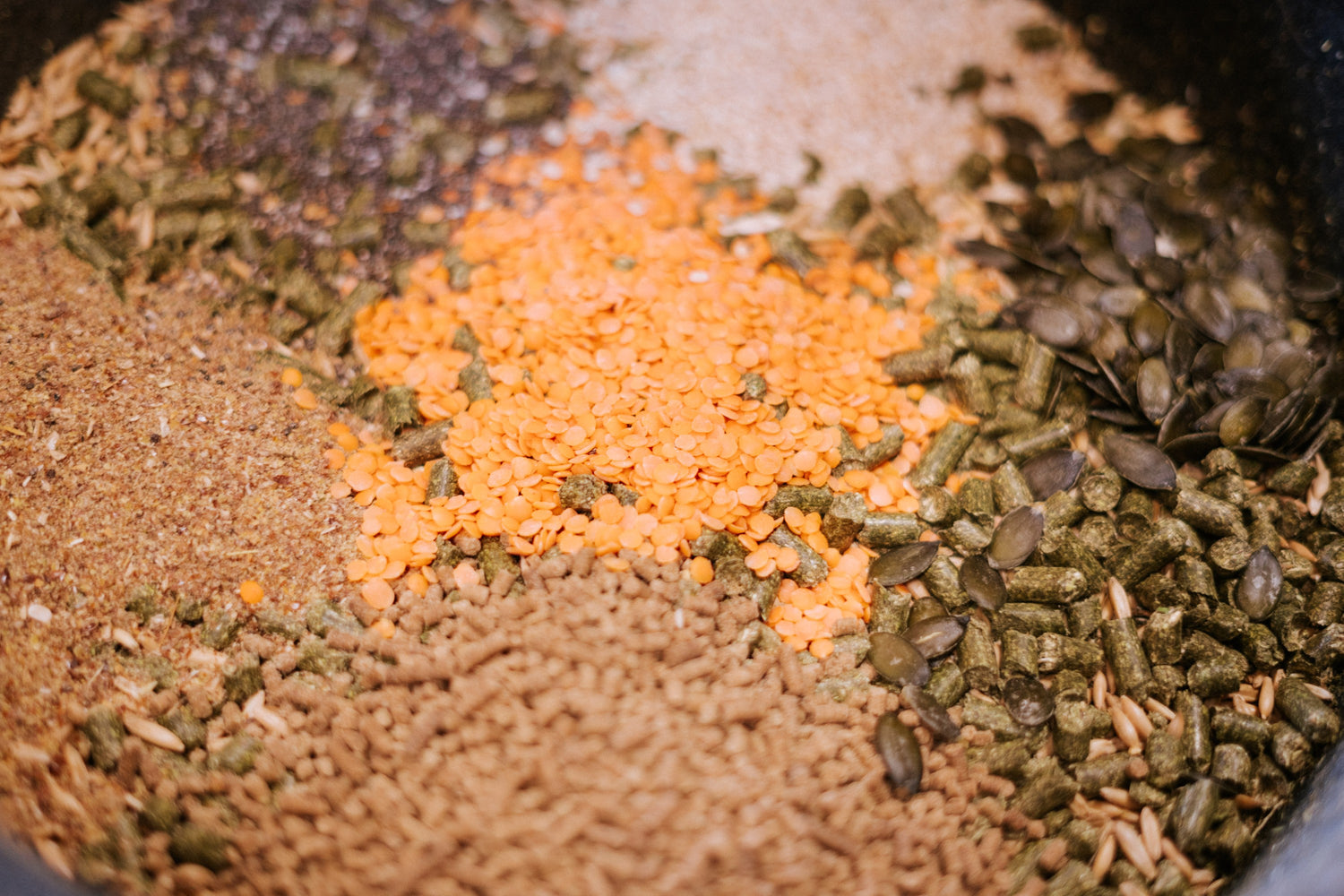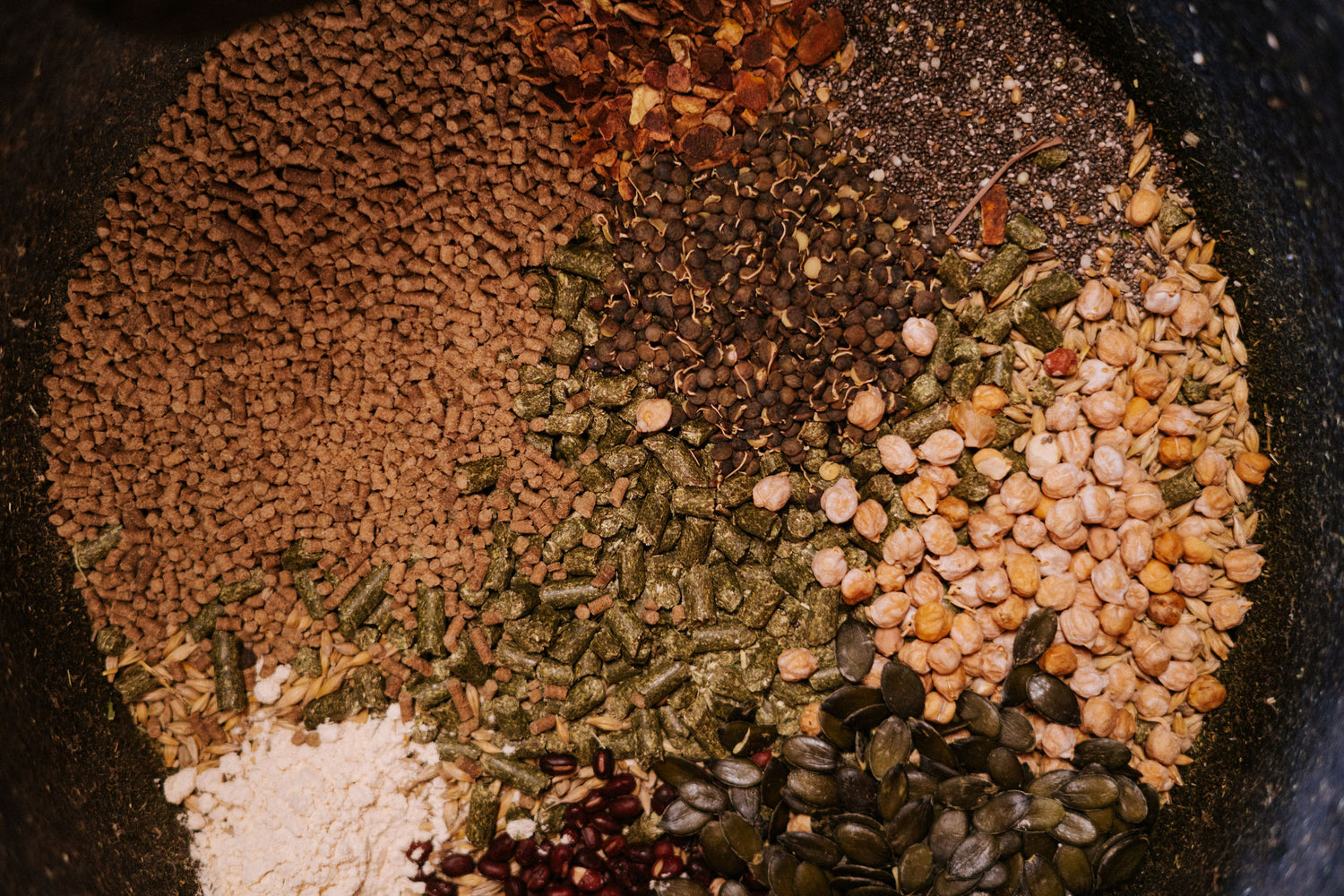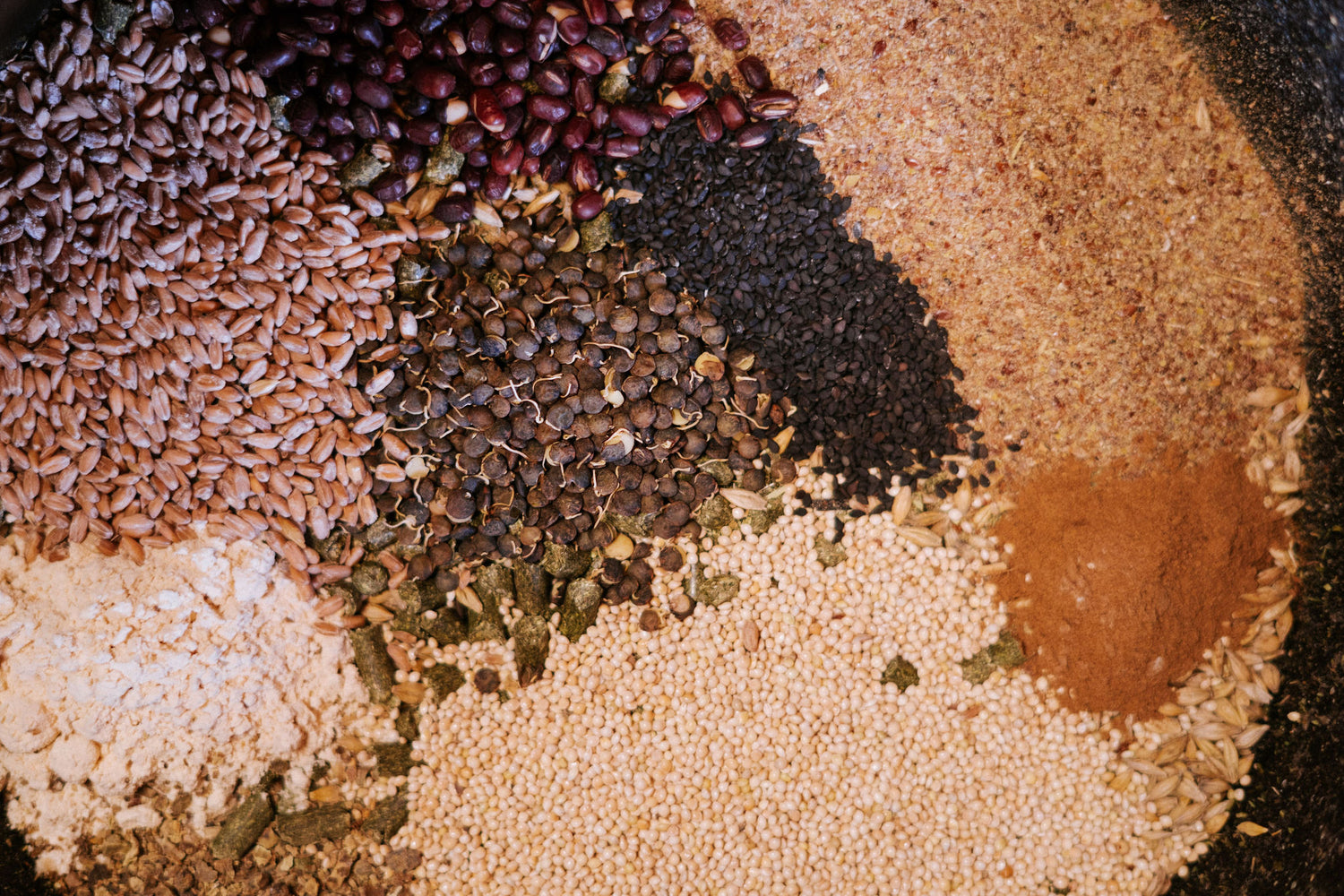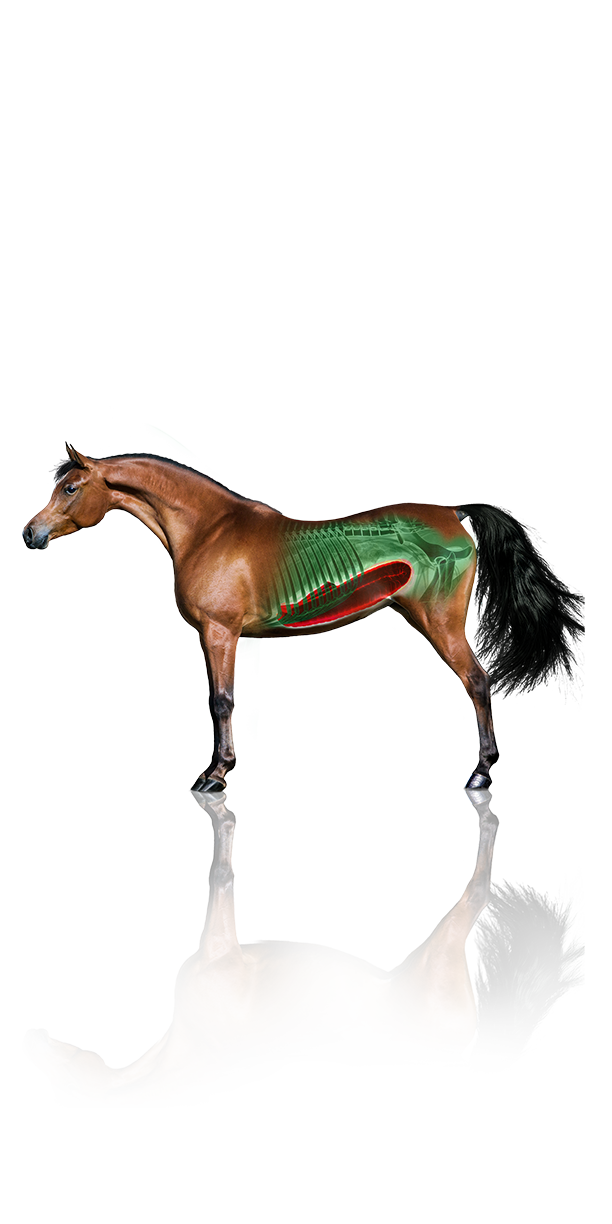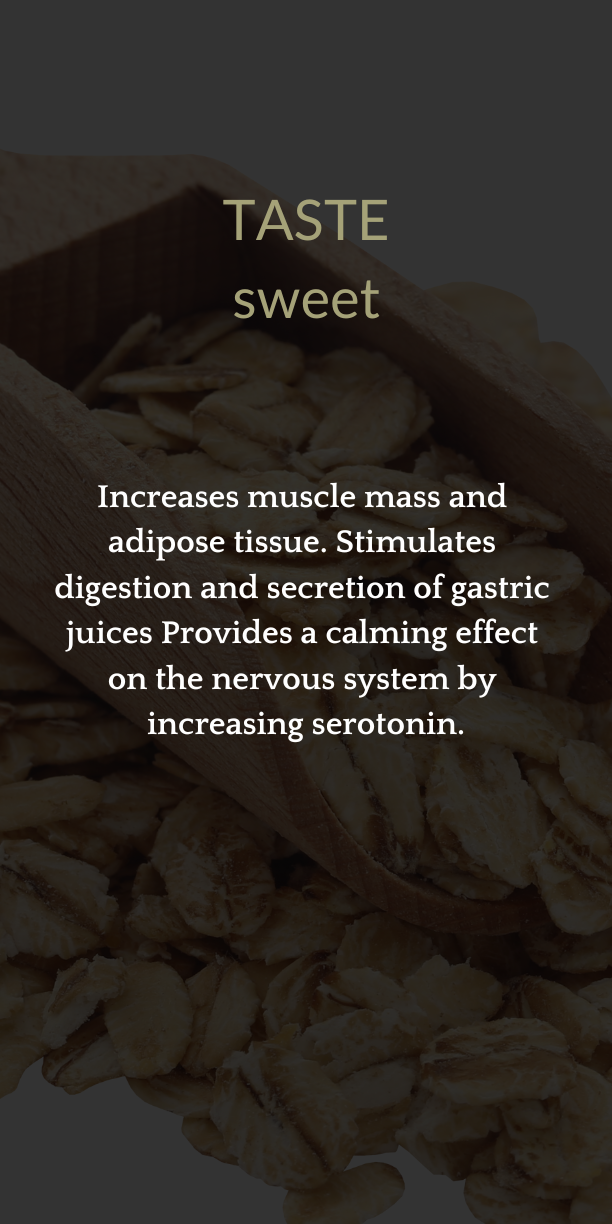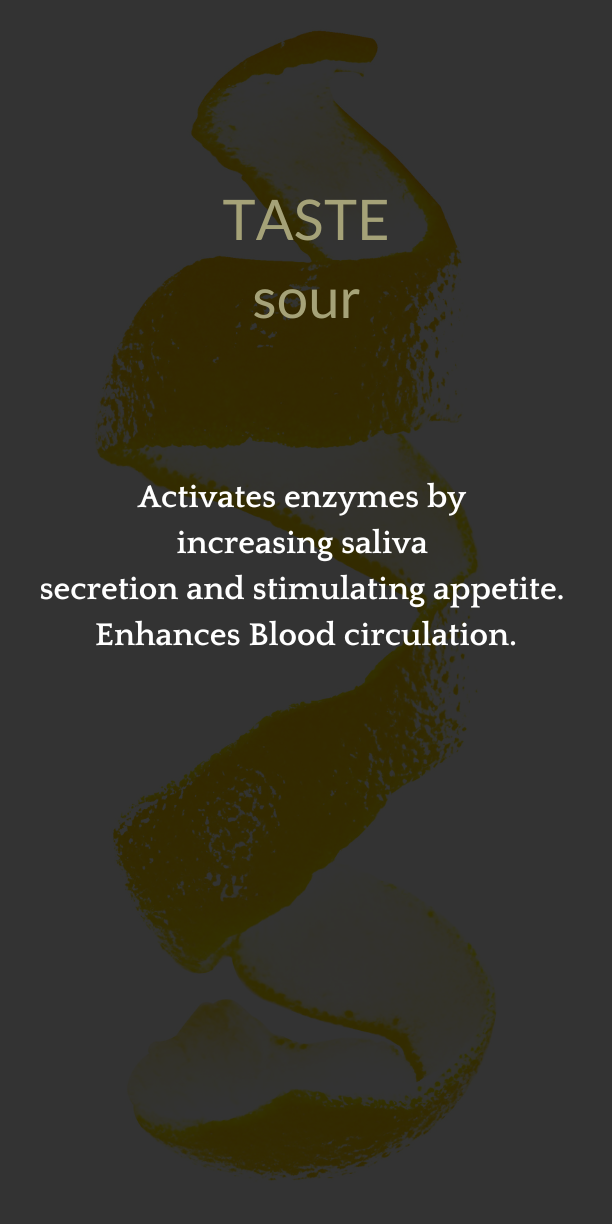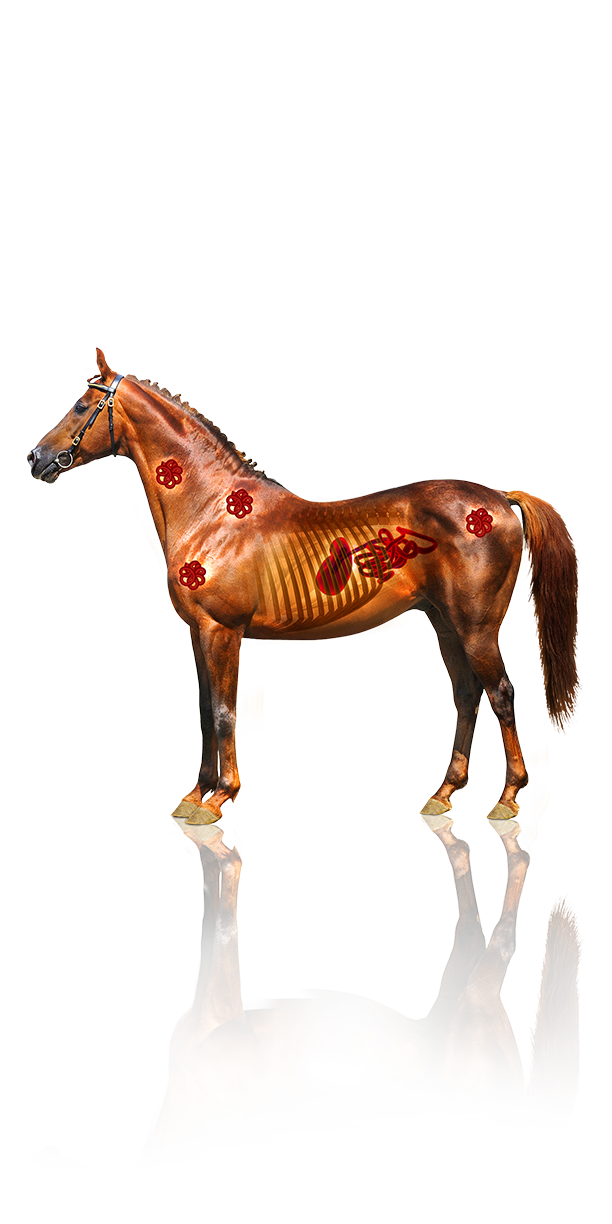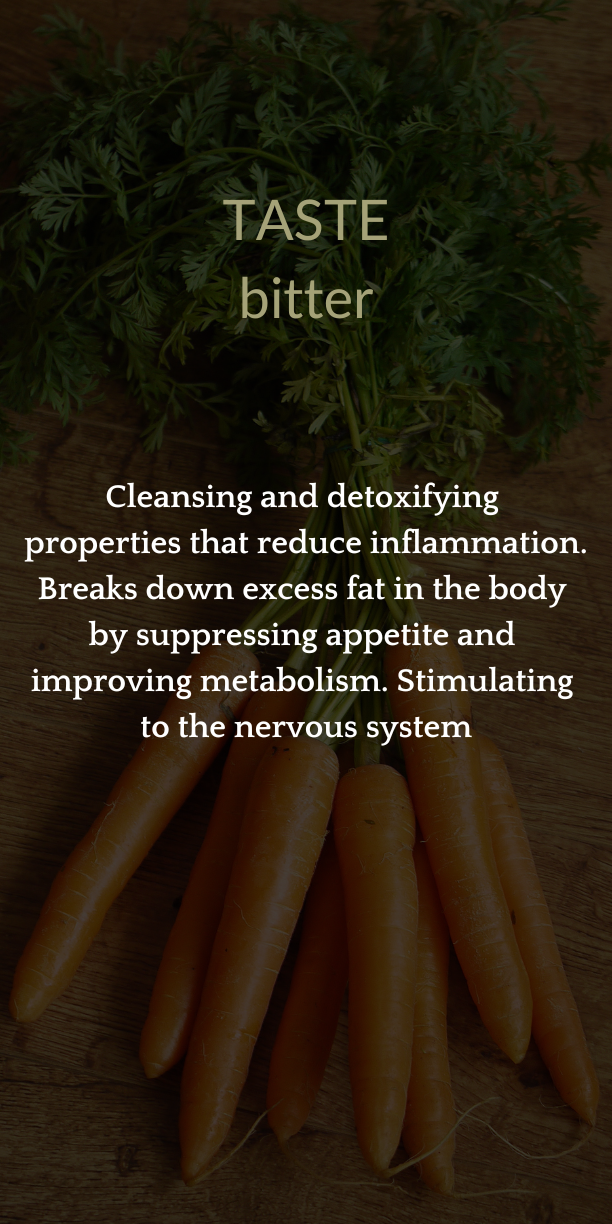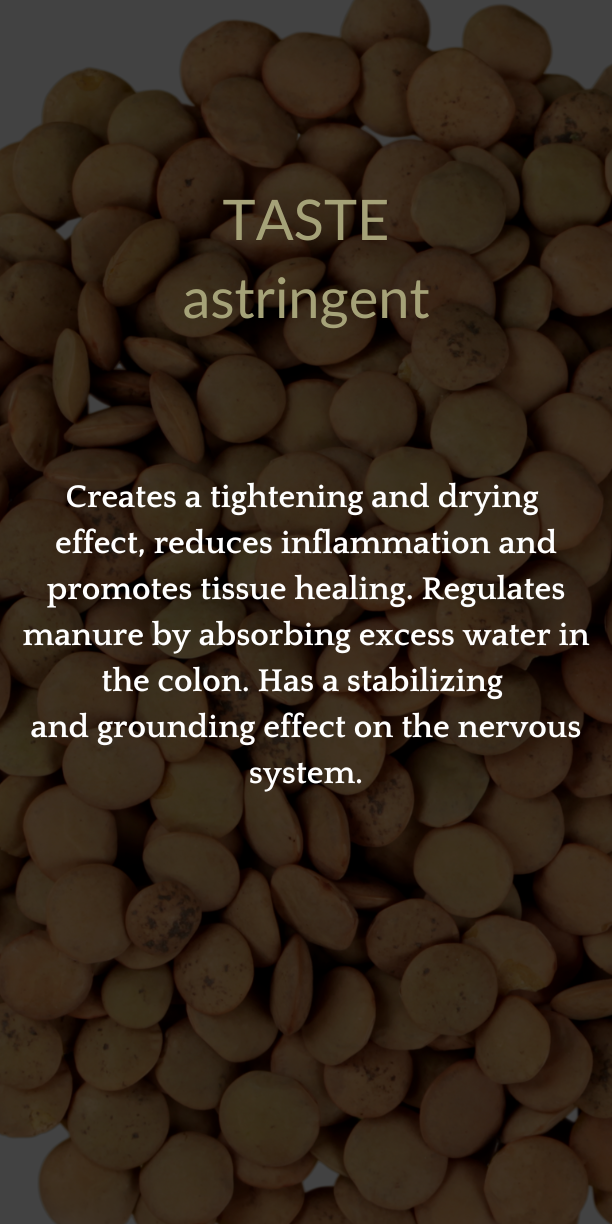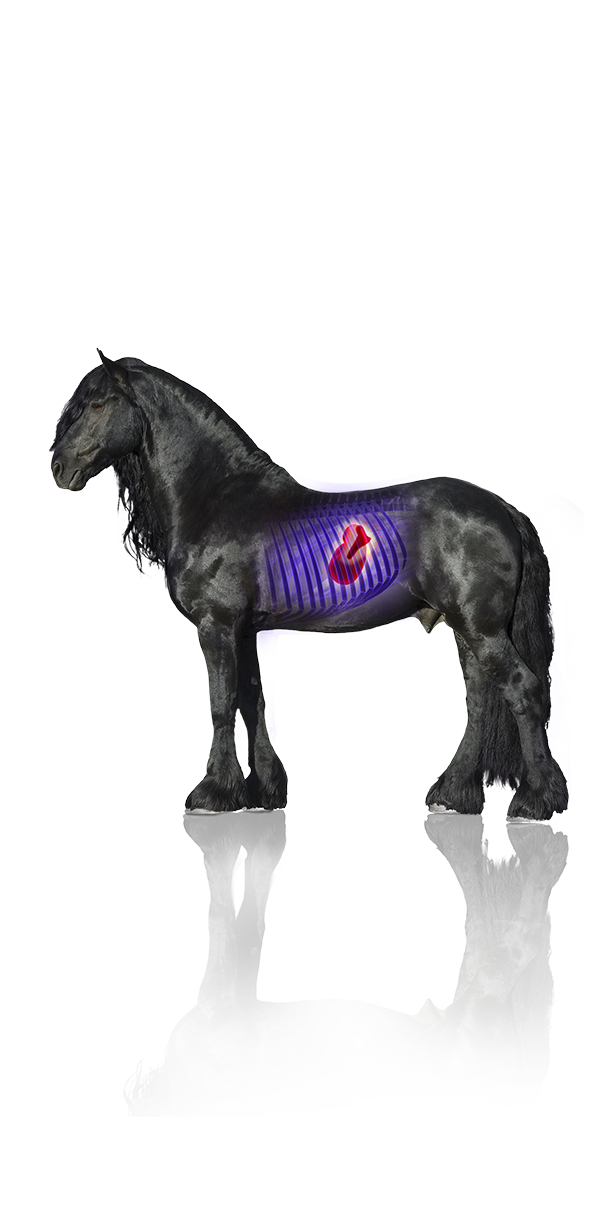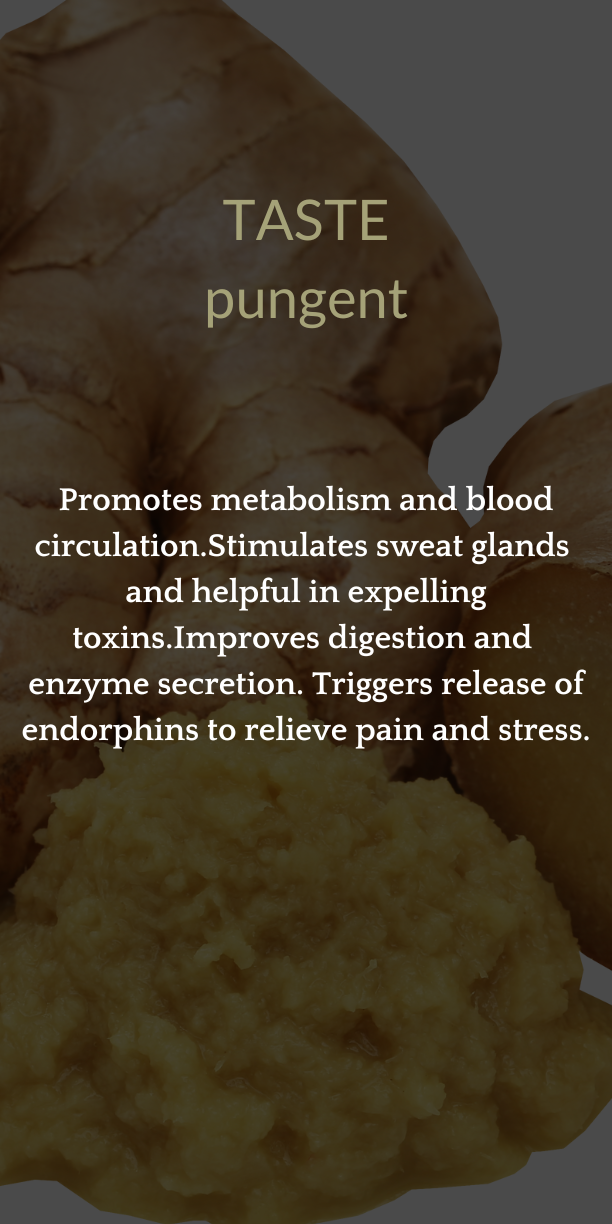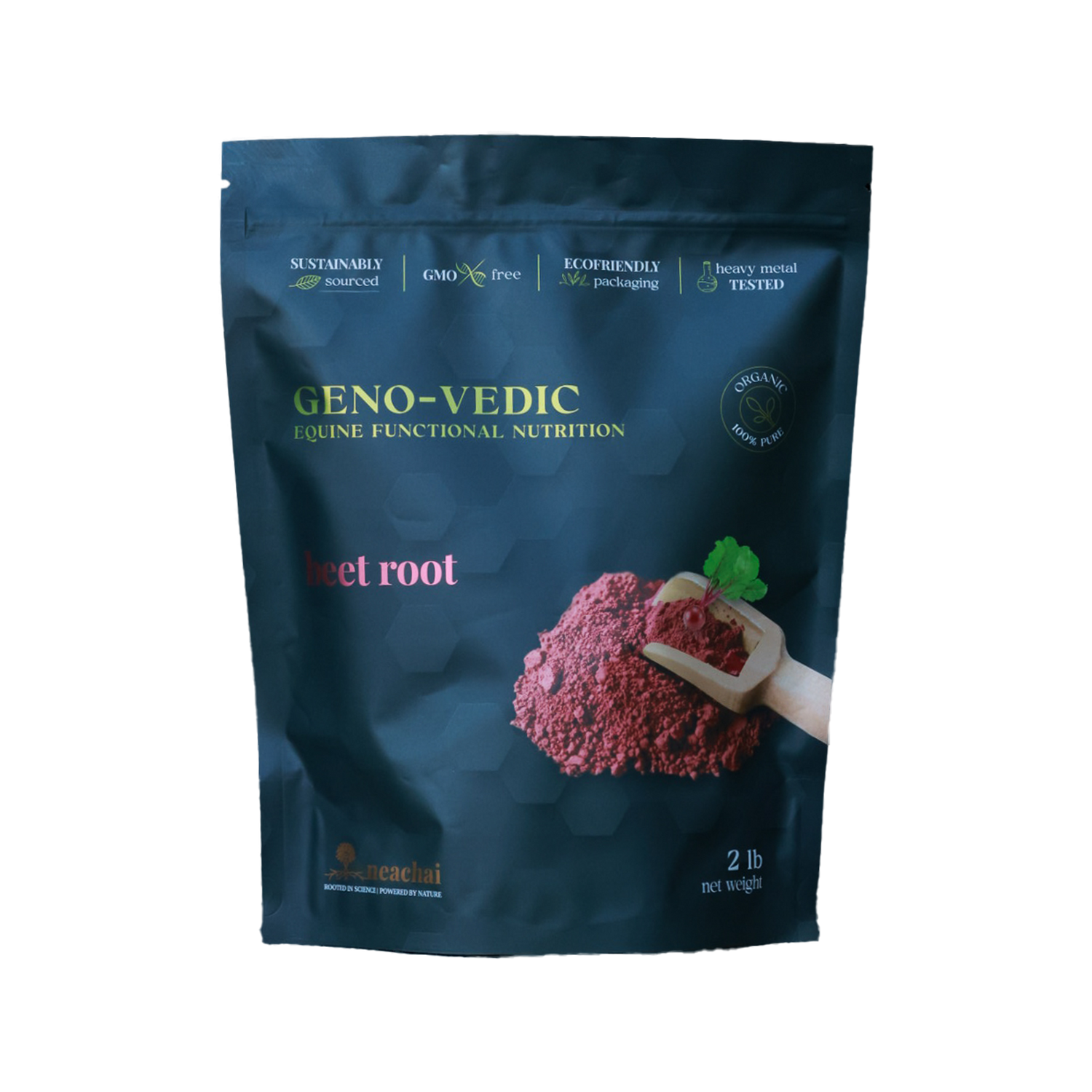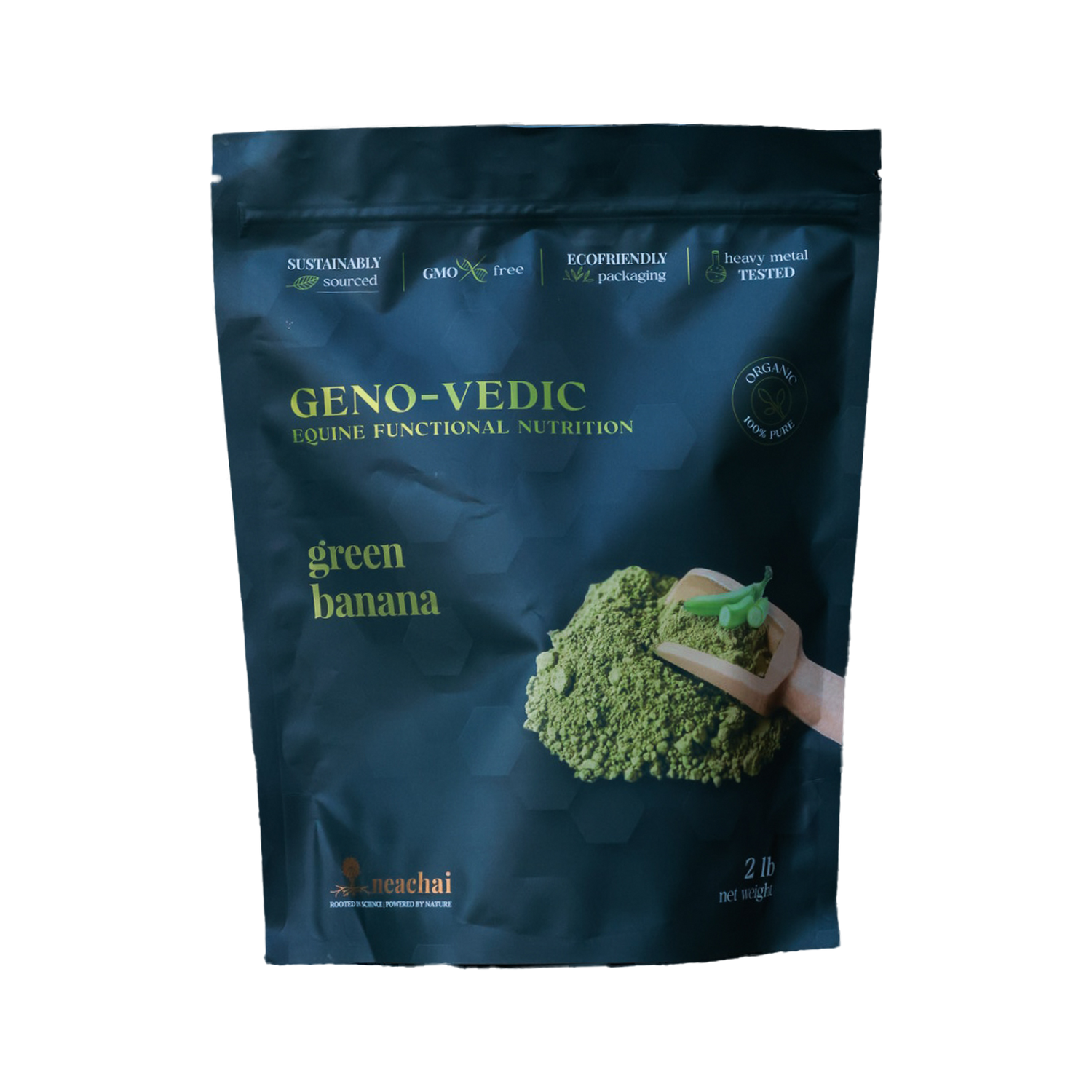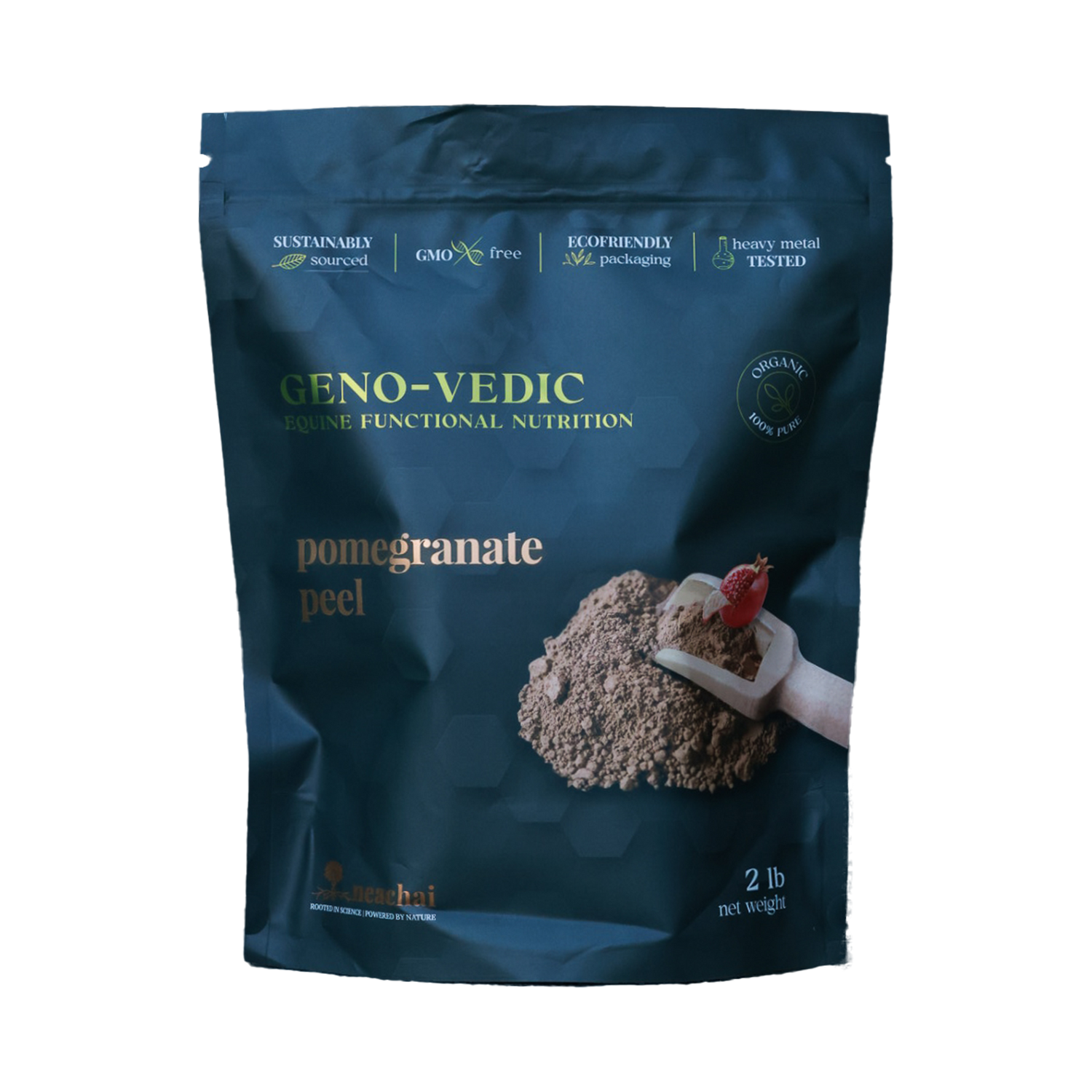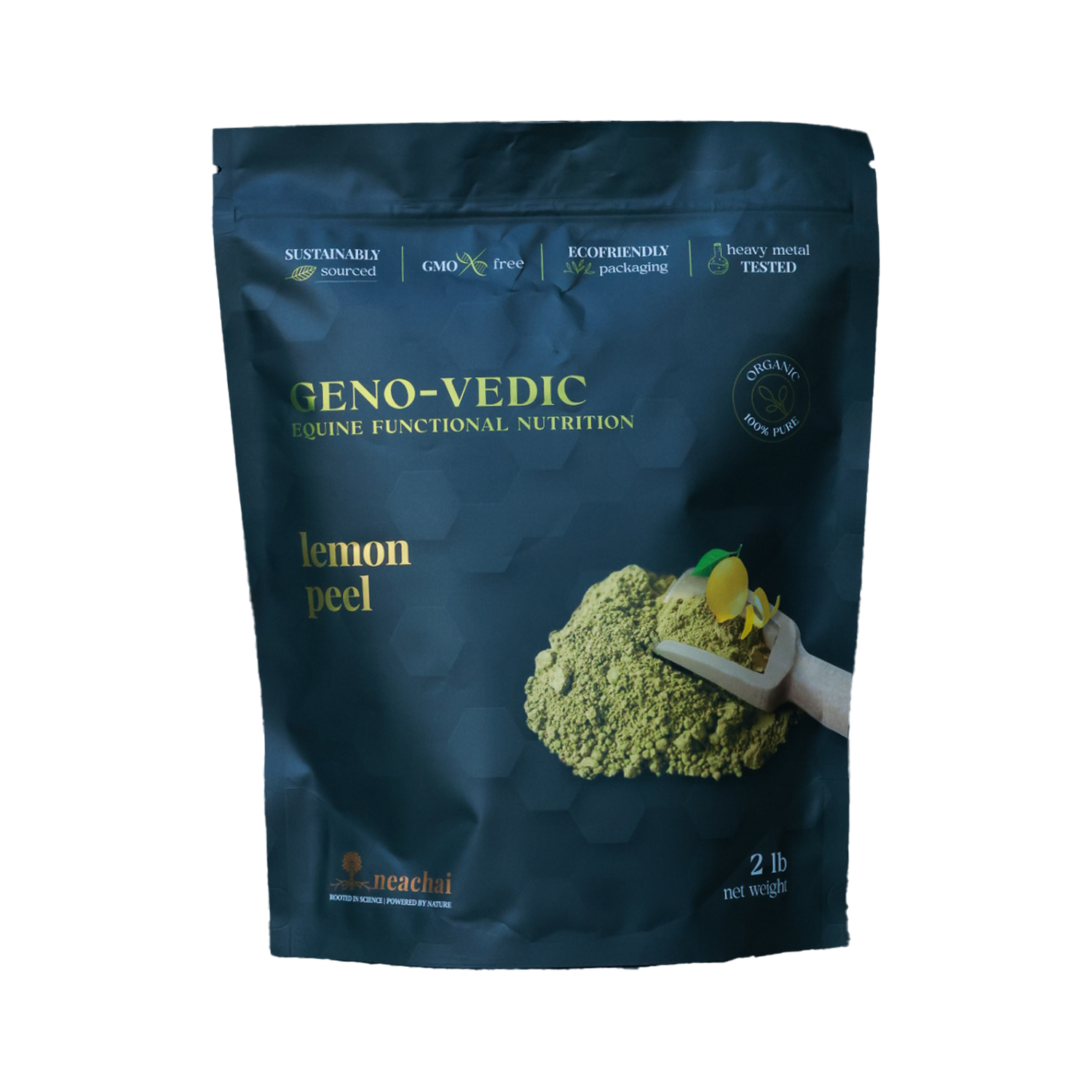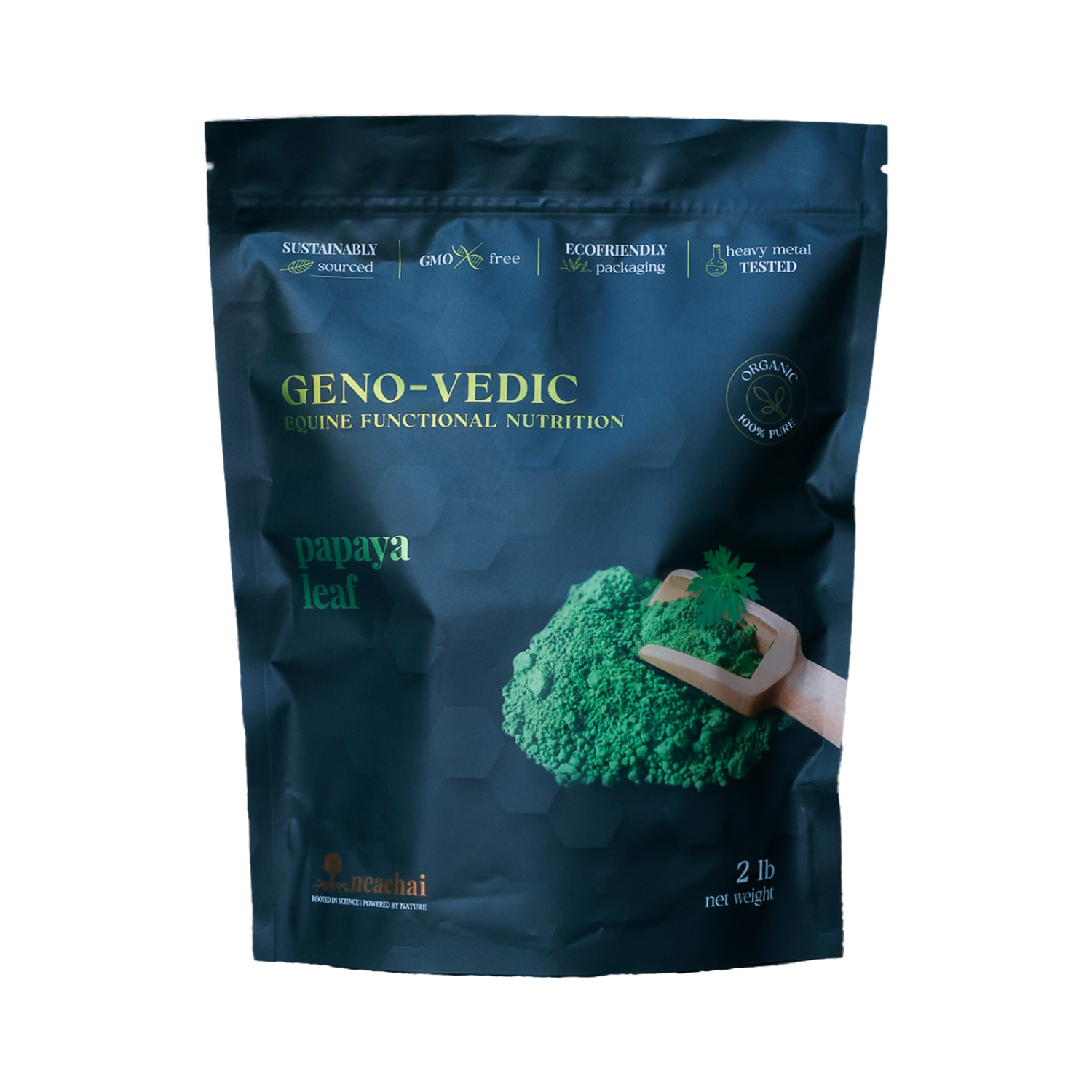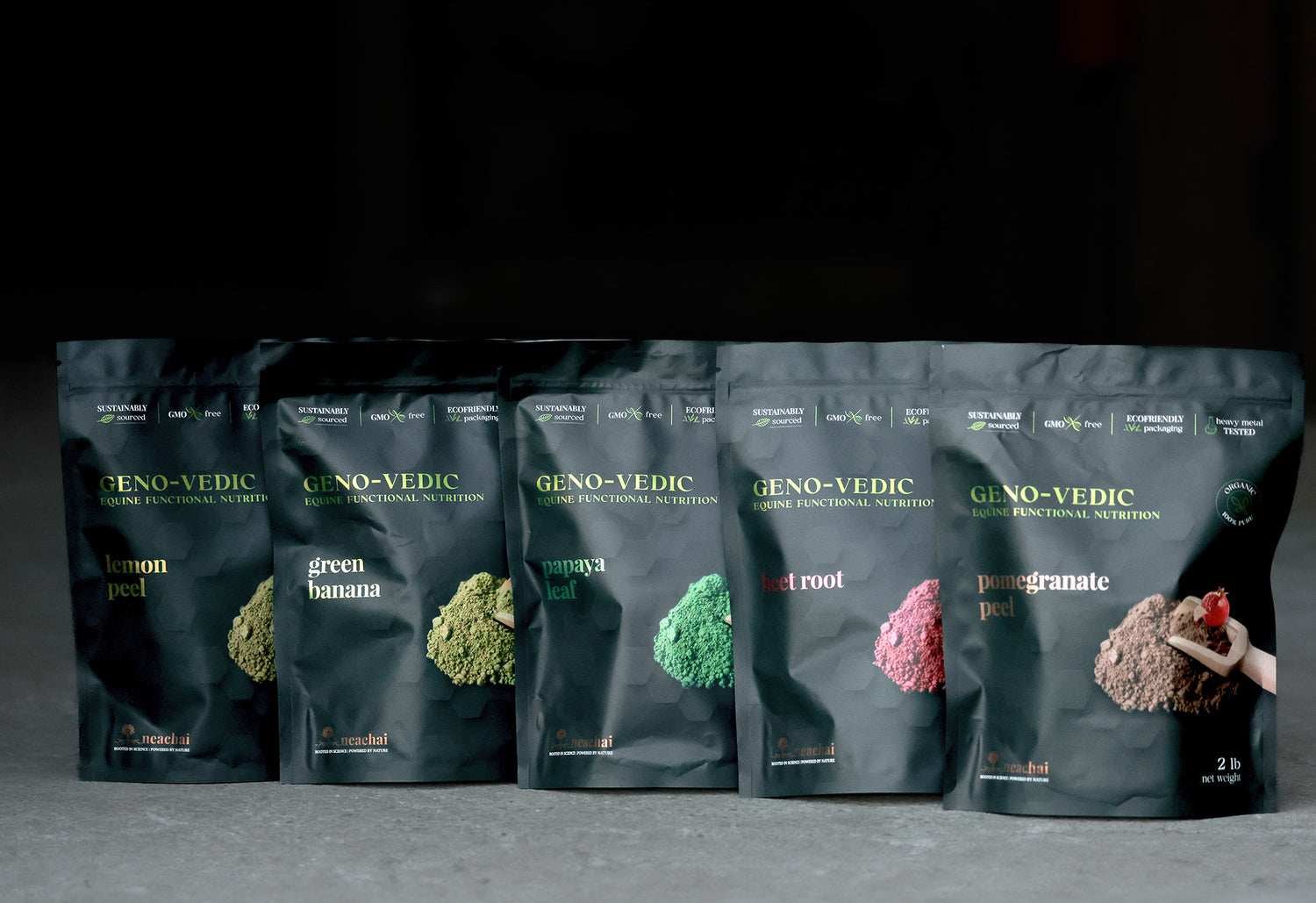

What is Functional Nutrition?
Functional nutrition emphasizes the type of foods and their impact on the body’s biochemical processes, energy levels, and inflammation status rather than just micro-macro nutrients. It recognizes that proteins, carbohydrates, and fats vary in efficiency and effect depending on their source, processing, nutrient density and biology of horse consuming it.
As a science, functional nutrition identifies what food, supplements, and lifestyle choices help maintain health and prevent chronic issues. In practice, a functional nutrition plan considers three core elements—Taste, Action, and Post-Digestive Effect (Delivery).
TASTE
There are 6 tastes that form the foundation of Functional Nutrition. These tastes, Sweet, Sour, Salty, Pungent, Bitter, and Astringent, have profound effects on digestion and cellular metabolism. Each taste interacts uniquely with the horses body, either balancing or aggravating them. The Horse’s individual constitution requires a variation of the tastes in the right proportions to promote optimal digestion, enhance nutrient absorption, and tissue development.
ACTION
The Action in nutrition refers to the potency or energetic effect of a food or herb, influencing how it interacts with digestion, metabolism, and overall physiology. It is either heating or cooling, determining whether a substance stimulates digestion and circulation or soothes inflammation and excess heat. A heating action enhances nutrient absorption and metabolic activity, while a cooling action helps reduce acidity, inflammation, and excess Pitta. The action of food is critical to determining its digestive efficiency.
POST DIGESTIVE EFFECT
The post-digestive effect of a substance determines its long-term impact on the body after digestion and metabolism. Unlike the initial taste experienced on the tongue, it focuses on the transformation that takes place after the food has been processed by the gut.
There are 3 variables, sweet, sour and pungent, each with distinct actions on physiological processes. Knowing the mechanism of reaction in nutrition is crucial for guiding the choice of dietary practices for health maintenance and disease prevention.
BIO-INDIVIDUALIZED NUTRITION
Fueling for Function
Bio-individual nutrition recognizes that each horse has a distinct biological makeup and nutritional needs. Beyond simply examining the micro- and macro-nutrient content of feed, it is essential to consider the horse’s digestive and metabolic capabilities, which vary based on their constitution (Vata, Pitta, Kapha). Enzyme composition dictates metabolism, not simply what nutrients are available.
Since variable forms of proteins, carbohydrates, and fats are digested differently, nutritional consumption will either contribute to the creation of tissue or destroy it. The intelligence of their biological “blueprint” identifies which nutrients are utilized most efficiently so can make better-informed decisions to ensure their nutrition plan is functional and balanced.
"Food is not what's consumed, but what's absorbed."

